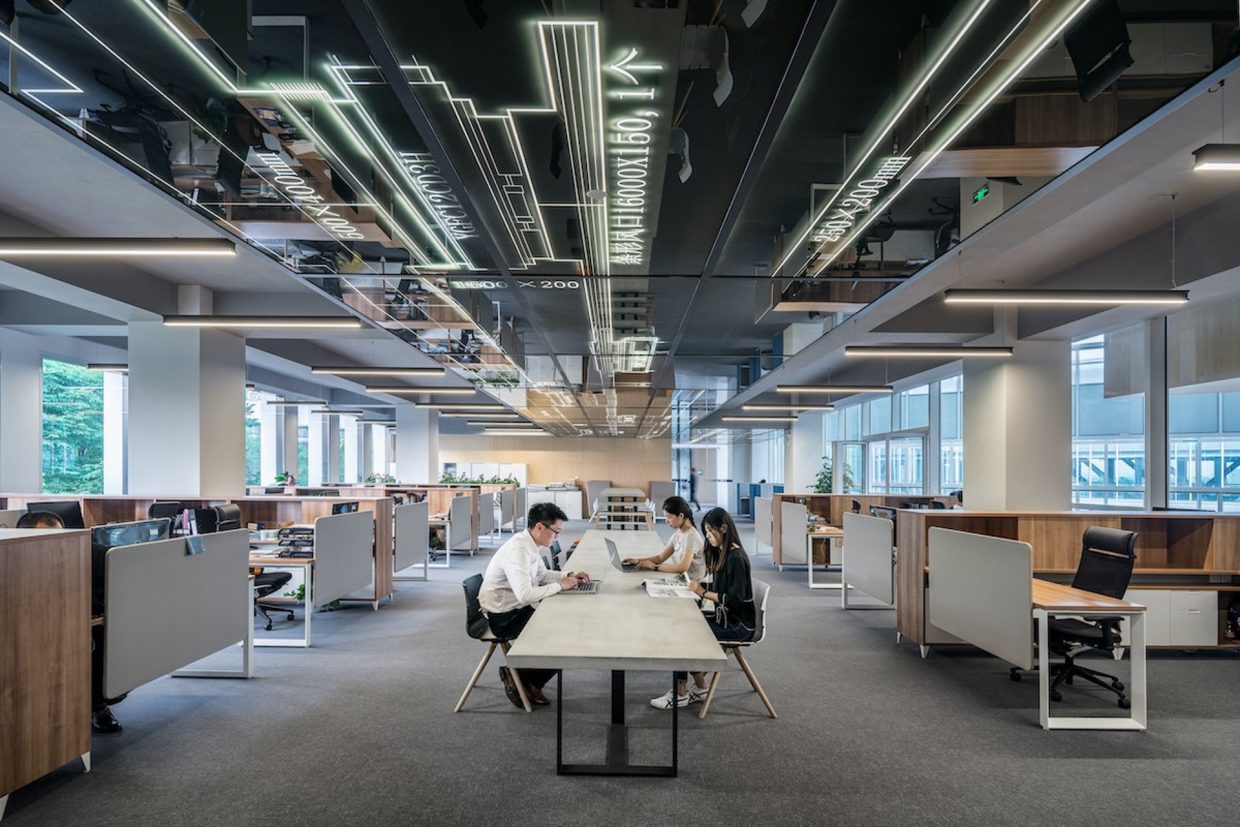Optimise office space
Covid-19 restrictions having lifted, some organisations are planning to return to the office. However, with many employees wishing to keep working remotely, a hybrid approach may be the best way forward. From taking advantage of smaller or shared spaces to adapting their current working practices, what can employers do to optimise their office space?
1. Think about the whole business
Before making any change, it’s important to think how it will impact the wider business. Adopting a holistic approach to transformation. Organisations must think about which options best support their business models and then considering the implications for people, processes, infrastructure and systems. This will reduce the risk of changes having an unwanted domino effect on other areas of the organisation.
2. Understand what people want
Holding group discussions, sending out surveys or carrying out one-to-one meetings with employees are all good ways to understand the thoughts and feelings around hybrid working. Some people may want to stay working remotely while others will prefer to go back to the office. Considering the circumstances and preferences of each employee will support with a smoother transition.
3. Remember that there’s no one size fits all approach
It’s important that any working practices put in place fit the business model, from considering the need for employees to work collaboratively to training arrangements, there is no one-size-fits-all approach. There are many different options to choose from, such as making use of flexible workspaces or hot-desking, and most of these will enable the business to take advantage of cost-effective arrangements.
4. Fully equip your workforce
Ensuring that people have the right set-up and equipment is essential, both in and out of the office. Reviewing the team’s current needs and considering whether upgrades or additional services are required is a key part of this.
5. Make the most of blended teams
Using external support can help the transition to hybrid working to go more smoothly. Specialist advisers can help to fill any gaps in the team’s knowledge, ensuring that vital tasks are completed while upskilling staff at the same time.
Hybrid working is likely to be the future, providing the flexibility that many have enjoyed throughout the pandemic while allowing people to benefit from the traditional office experience. Considering people’s individual needs and how the space will fit the business’ evolving needs will ensure any changes bring positive impacts to the way people work.
Additionally, the transition into this new way of working will require consideration and careful management. The pandemic driven changes to our way of working are not yet over and we still have the opportunity to find a silver lining.
